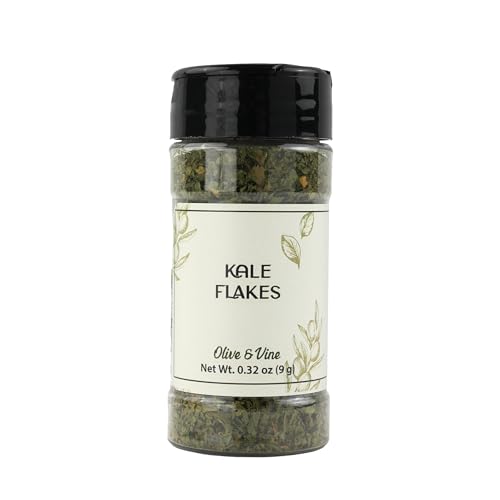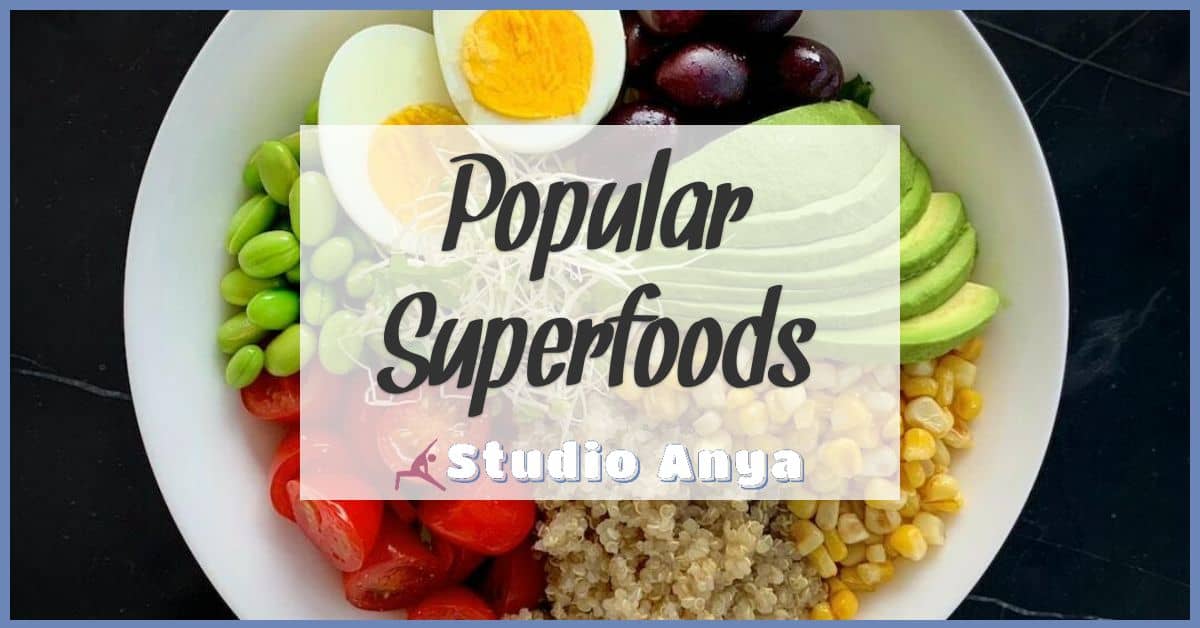Ever wondered what happens to that buttery croissant or creamy avocado after you take a bite? Fats play a crucial role in our bodies, but their journey through the digestive system is nothing short of fascinating. From breaking down in your mouth to fueling your cells, fats go through an incredible transformation.
What Are Fats And Why Are They Important?
Fats are a vital macronutrient that provides energy, supports cell growth, and helps the body absorb fat-soluble vitamins like A, D, E, and K. They also produce hormones and protect organs. In a balanced diet, fats play an essential role in maintaining physical and mental well-being.
Healthy fats, such as those found in avocados, nuts, seeds, and olive oil, support brain function, improve mood, and nourish the skin. These sources are particularly beneficial for anyone practicing yoga or meditation, as they help sustain energy levels and maintain focus during sessions.
In contrast, trans fats and excessive saturated fats can disrupt bodily functions and increase health risks such as heart disease. Prioritizing unsaturated fats and monitoring fat intake contribute to optimal health. For example, including omega-3 fatty acids from sources like chia seeds or walnuts supports heart health and reduces inflammation, which can enhance recovery after physical activity or meditation practice.
How Fats Are Broken Down In The Body
Understanding how fats are processed can inspire more mindful eating, promoting balance and health. After ingestion, fats undergo a fascinating breakdown journey supported by enzymes and digestive organs.
The Role Of Enzymes In Fat Digestion
Enzymes play a central role in digesting fats. Lingual lipase in saliva initiates the process by starting to break down fats while chewing carefully. As the food reaches the stomach, gastric lipase continues this work, though on a smaller scale. Most fat digestion occurs in the small intestine, where bile, produced by the liver and stored in the gallbladder, emulsifies fats into smaller droplets. This emulsification creates more surface area for pancreatic lipase to break triglycerides into glycerol and free fatty acids, which are easier for the body to absorb. I encourage mindful breathing before meals to stimulate optimal enzyme function, as stress can slow digestion.
The Journey Of Fats Through The Stomach And Small Intestine
In the stomach, fats mix with digestive juices and gastric lipase to form chyme, a semi-liquid substance. Chyme enters the small intestine, triggering bile release to break down fat molecules further. Pancreatic lipase completes digestion by converting these molecules into their simplest forms for easier absorption. Nutrients from digested fats are absorbed through the intestinal walls into the lymphatic system, where they’re transported to the body. Pausing for intentional breaths before meals can activate the parasympathetic nervous system, supporting this intricate process. Including healthy fats like those in avocado and nuts can improve digestion while nourishing your overall well-being.
Absorption Of Fats Into The Bloodstream
Fats enter the bloodstream as part of a transformative journey, supporting our energy and vitality. After digestion, they undergo specific processes that prepare them for absorption and transport.
The Role Of The Lymphatic System
The lymphatic system plays a central role in transporting fats from the intestine to the bloodstream. Once digested, dietary fats are broken down into fatty acids and glycerol. In the small intestine, these components are reassembled into triglycerides inside specialized particles called chylomicrons.
Chylomicrons move into the lymphatic vessels, bypassing the liver initially, and enter the thoracic duct. From there, they integrate into the bloodstream near the heart. This indirect route allows fats, especially longer-chain fatty acids, to circulate and nourish cells effectively.
Supporting the lymphatic system is essential for optimal fat transport. Through yoga practices such as gentle inversions, twists, and breathwork, I find that lymphatic circulation improves, enhancing overall detoxification and nutrient flow in the body. Proper hydration, mindful food consumption, and movement also keep the lymphatic system functioning efficiently, aiding smooth fat absorption.
How Fats Are Used By The Body
Fats play a diverse and essential role in supporting our bodies. Beyond providing energy, they aid in various physiological functions that nurture a balanced and vibrant life.
Energy Production
Fats act as a concentrated energy source, fueling the body during prolonged activity. Once fats enter the bloodstream as triglycerides, cells absorb and metabolize them to generate energy, particularly during lower-intensity, endurance-based activities like yoga. Unlike quick-burning carbohydrates, fats offer a slow, sustained energy release. This makes them invaluable for maintaining stamina during deep meditation or long yoga sessions, where focus and concentration are essential. For example, omega-3 fats in walnuts or flaxseeds can enhance mental clarity needed for practice.
Storage And Hormone Production
Excess fats not immediately used for energy are stored in adipose tissue. This storage acts as an energy reserve, stabilizing body functions during fasting or extended periods between meals. Fat storage also provides cushioning for internal organs, ensuring the body remains resilient during active movements.
Fats are integral to hormone synthesis, particularly steroid hormones like estrogen and testosterone. These hormones regulate mood, reproductive health, and energy levels. For instance, consuming healthy fats like those in avocados or chia seeds supports the endocrine system, which balances stress responses—a benefit deeply aligned with mindful living.
Common Myths About Fat Digestion
Fat digestion is often misunderstood, with many myths creating confusion. I want to clear up a few common misconceptions to help you feel more empowered in your journey toward mindful eating and balanced health.
1. Myth: Fats Are the Main Cause of Weight Gain
Fats themselves aren’t solely responsible for weight gain. Overeating any macronutrient, whether it’s fats, carbohydrates, or proteins, can lead to weight gain when caloric intake exceeds what the body burns. Healthy fats like those from nuts, seeds, and avocados are nutrient-dense and can actually promote satiety, helping control appetite in mindful eating practices.
2. Myth: Fat Digestion Slows the Body Down
The body doesn’t slow down because of fat digestion. Instead, fats provide a slow-releasing energy source, ideal for sustaining low-intensity activities like yoga or long meditation sessions. They support stamina and mental clarity, making them essential for energy balance when consumed mindfully.
3. Myth: All Fats Are Difficult to Digest
Not all fats challenge the digestive system equally. While trans fats can disrupt the body and take longer to process, unsaturated fats from foods like olive oil, flaxseeds, and walnuts are easier to digest with proper enzymatic and bile support. Practicing deep breathing before meals encourages better digestion and supports the breakdown of these healthy fats.
4. Myth: Eating Fats Leads to Heart Disease
Healthy fats don’t inherently harm the heart. Unsaturated fats, particularly omega-3 fatty acids from foods like chia seeds and fatty fish, improve heart health by reducing inflammation and promoting healthy cholesterol levels. The issue arises when unhealthy fats, such as trans fats or excessive saturated fats, dominate the diet.
5. Myth: Fat Digestion Starts in the Stomach
Fat digestion doesn’t begin in the stomach. It starts in the mouth, where enzymes like lingual lipase initiate breaking down fats into simpler molecules. By chewing food completely, you activate these enzymes to support efficient digestion before fat reaches the stomach or small intestine.
By embracing these truths, you can make wiser choices for your body while aligning your eating habits with your yoga and meditation practices.
Conclusion
The journey of fats through our system is nothing short of remarkable. From digestion to absorption and beyond, fats play an essential role in fueling our bodies and supporting overall health. By choosing the right kinds of fats and understanding their impact, we can nourish ourselves in ways that promote energy, balance, and well-being.
Healthy fats are more than just a dietary choice—they’re a foundation for vibrant living. With mindful eating and a focus on quality over quantity, we can embrace fats as allies in our wellness journey.













